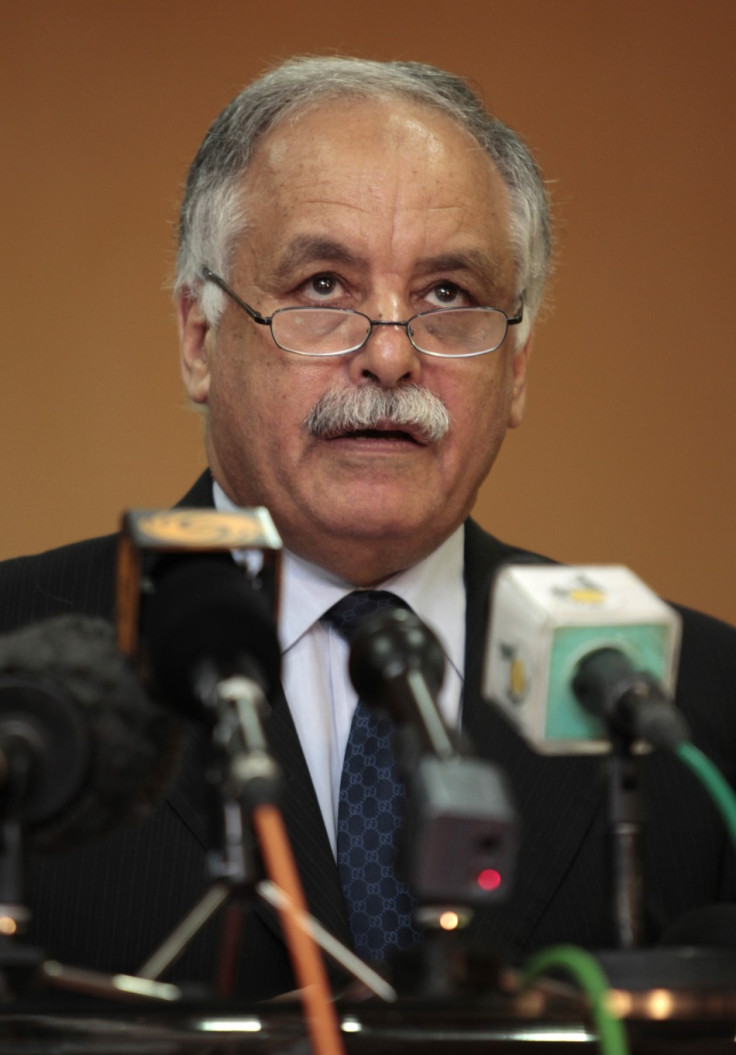Extradition of Former Gaddafi PM Set to Test Libya’s New Rulers

News that a Tunis appeal court has approved a request by Libyan National Transitional Council (NTC) for the extradition of the country's former prime minister Baghdadi al-Mahmudi, has been widely welcome by Libya's new leaders and their western allies, but has divided the Northern African community and enraged Gaddafi supporters.
Mahmudi, acted as Libya's Prime Minister under the Gaddafi government, deserting the government only after the fall of Tripoli in August.
The former premier was arrested on September 22 in Tamaghza, southern Tunisia, close to the border with Algeria, and sentenced to six months in prison for entering the country illegally.
Soon after his arrest the NTC requested his extradition.
He was first sentenced to six months in jail for illegal entry into the country but the decision was later on overturned on appeal.
However, despite the ruling, Mahmudi remained in custody in a Tunisian prison while awaiting a ruling on the pending extradition request.
The detention of Gaddafi's former PM has caused controversy and human rights groups have repeatedly voiced concern over the 70-year-old's treatment if he was returned to Libya.
Following Colonel Gaddafi's questionable death doubts were cast over the NTC's control of its own forces and critics of Libya's new leaders even hinted his death could have been ordered by officials from the transitional government itself.
The sudden death of Gaddafi after his capture tarnished the reputation of the NTC, already criticised by rights groups for failing to act following several accusations some of the rebels had committed violations of human rights throughout the conflict.
Now Amnesty International has warned that "if he would be returned to Libya, he would at present face real risks, serious human rights violations, including torture ... extra-judicial execution and unfair trial," the group's North Africa spokesperson told the AFP press agency.
Amnesty's fears were backed by Mahmudi's lawyer Mabrouk Kourchid who said last week "Mr Mahmudi thinks the time is not right, because the current period of chaos prevailing in Libya is dominated by vengeance."
A group of Libyans that had rallied in front of the courthouse however welcome the ruling as they supported the extradition of the man they called the "third tyrant of Libya", after the Colonel and his son Saif al-Islam.
Pro-Gaddafi web sites have also reacted angrily to the news, saying the former Prime Minister will be killed if returned to Libya as his knowledge of the Gaddafi regime and alliances with foreign powers could prove too disturbing.
The NTC is fully aware of the negative ramifications brought about by the death of Libya's former leader, so officials are set to make maximum efforts to assure Mahmudi's safety, at least until after his trial.
Mahmudi is the first member of the Gaddafi regime to be returned to the country to face charges since the revolution that ousted the dictator, so a failure to bring him to justice and organise a fair trial could see the NTC's chances of trying other members of the former regime further reduced.
© Copyright IBTimes 2024. All rights reserved.








